Navigating the World of Jewelry Buyers: A Guide to Selling Your Precious Possessions
Related Articles: Navigating the World of Jewelry Buyers: A Guide to Selling Your Precious Possessions
Introduction
With enthusiasm, let’s navigate through the intriguing topic related to Navigating the World of Jewelry Buyers: A Guide to Selling Your Precious Possessions. Let’s weave interesting information and offer fresh perspectives to the readers.
Table of Content
Navigating the World of Jewelry Buyers: A Guide to Selling Your Precious Possessions

In a world where trends shift and tastes evolve, individuals often find themselves with pieces of jewelry that no longer hold the same sentimental or stylistic value. Whether it be inherited heirlooms, outdated designs, or simply items that no longer spark joy, the desire to sell jewelry can arise. This presents a valuable opportunity to reclaim financial value from these pieces, but it’s essential to navigate the process with careful consideration.
This comprehensive guide delves into the intricacies of selling jewelry, providing insights into the various avenues available, the factors influencing pricing, and the steps to ensure a smooth and profitable transaction.
Understanding the Landscape of Jewelry Buyers
The market for purchasing used jewelry is diverse, ranging from local pawn shops and antique dealers to specialized jewelry buyers and online platforms. Each option presents its own unique characteristics and advantages, making it crucial to understand the nuances of each before making a decision.
1. Pawn Shops:
- Pros: Accessibility, quick transactions, often accept a wide range of jewelry.
- Cons: Lower prices compared to other buyers, potential for unethical practices.
- Considerations: Pawn shops are known for offering immediate cash but often provide lower valuations. It’s essential to research the reputation of a pawn shop and compare offers from multiple establishments.
2. Antique Dealers:
- Pros: Specialized knowledge in antique and vintage jewelry, potential for higher prices, focus on historical significance.
- Cons: Limited inventory, specific areas of expertise, may not accept contemporary jewelry.
- Considerations: Antique dealers prioritize pieces with historical value and craftsmanship. If your jewelry falls within their area of specialization, they could offer a competitive price.
3. Jewelry Buyers:
- Pros: Expertise in jewelry valuation, transparent pricing, specialized services like estate liquidation.
- Cons: May have stricter criteria for accepting jewelry, limited geographical reach, potential for higher fees.
- Considerations: Jewelry buyers are professionals who focus solely on purchasing jewelry. They offer expertise and transparent pricing but may have specific requirements regarding the type and condition of jewelry they accept.
4. Online Platforms:
- Pros: Wide reach, convenient, potential for higher prices, access to a global market.
- Cons: Risk of scams, potential for lower prices due to competition, shipping costs and insurance.
- Considerations: Online platforms like eBay, Etsy, and specialized jewelry marketplaces provide a vast audience. However, it’s essential to conduct thorough research on sellers and buyers to ensure a safe and fair transaction.
Factors Influencing Jewelry Prices
Several factors contribute to the value of jewelry, ultimately determining the price offered by a buyer. Understanding these factors empowers sellers to make informed decisions and maximize their returns.
1. Metal and Purity:
- Gold: Carat weight and purity (10K, 14K, 18K, 24K) are key factors in determining value.
- Silver: Sterling silver (92.5% pure) is the most common type and holds a distinct value.
- Platinum: A highly valuable metal, its price is often higher than gold.
2. Gemstones:
- Diamonds: The 4Cs (carat, cut, clarity, and color) play a crucial role in diamond valuation.
- Colored Gemstones: Rarity, size, color intensity, and clarity influence the value of gemstones like sapphires, rubies, and emeralds.
3. Design and Style:
- Vintage and Antique Jewelry: Period styles, craftsmanship, and historical significance contribute to value.
- Contemporary Jewelry: Designer names, unique designs, and craftsmanship influence pricing.
- Condition: Wear and tear, damage, and repairs significantly impact the value of jewelry.
4. Market Demand:
- Popularity: Trends and current demand for specific metals, gemstones, and styles influence pricing.
- Rarity: Unique pieces or limited edition collections often command higher prices.
5. Appraisal and Certification:
- Appraisals: Independent appraisals provide an objective valuation of jewelry, aiding in price negotiations.
- Gemstone Certifications: Certificates from reputable gemological laboratories like GIA (Gemological Institute of America) enhance the credibility and value of gemstones.
Tips for Maximizing Your Jewelry Sale
1. Research and Compare: Contact multiple jewelry buyers, pawn shops, and online platforms to gather a range of offers.
2. Understand Market Values: Use online resources, price guides, and expert advice to research the estimated value of your jewelry.
3. Prepare Your Jewelry: Clean and polish your jewelry to showcase its best features.
4. Provide Documentation: Present any available appraisals, certificates, or purchase receipts to support the authenticity and value of your jewelry.
5. Negotiate Wisely: Be prepared to negotiate with buyers, but be realistic about market prices.
6. Consider Insurance: If you’re selling jewelry online, consider insuring the shipment against loss or damage.
FAQs Regarding Jewelry Buyers
1. What types of jewelry do jewelry buyers typically purchase?
Jewelry buyers generally accept a wide range of jewelry, including gold and silver jewelry, diamonds, colored gemstones, watches, and antique pieces. However, they may have specific criteria regarding the condition, style, and value of the jewelry they purchase.
2. How do jewelry buyers determine the price of my jewelry?
Jewelry buyers use their expertise in jewelry valuation, considering factors like metal purity, gemstone quality, design, and market demand. They may also consult with appraisers or gemologists to determine the fair market value.
3. Are there any fees associated with selling jewelry to a buyer?
Some jewelry buyers may charge a commission or processing fee, which is typically a percentage of the sale price. It’s essential to inquire about any fees before proceeding with the sale.
4. Can I sell my jewelry anonymously?
While some buyers may allow anonymous transactions, it’s generally advisable to provide identification for security and record-keeping purposes.
5. What are the legal implications of selling jewelry?
It’s important to be aware of any legal requirements or restrictions in your jurisdiction regarding the sale of jewelry. For example, some countries may require permits or licenses for dealing in precious metals or gemstones.
Conclusion
Selling jewelry can be a rewarding experience, offering the opportunity to reclaim financial value from unused or unwanted possessions. By understanding the various options available, the factors influencing pricing, and the importance of proper preparation, individuals can navigate the process with confidence and achieve a successful outcome. Remember, thorough research, informed decision-making, and transparent communication are essential for a positive and profitable transaction.

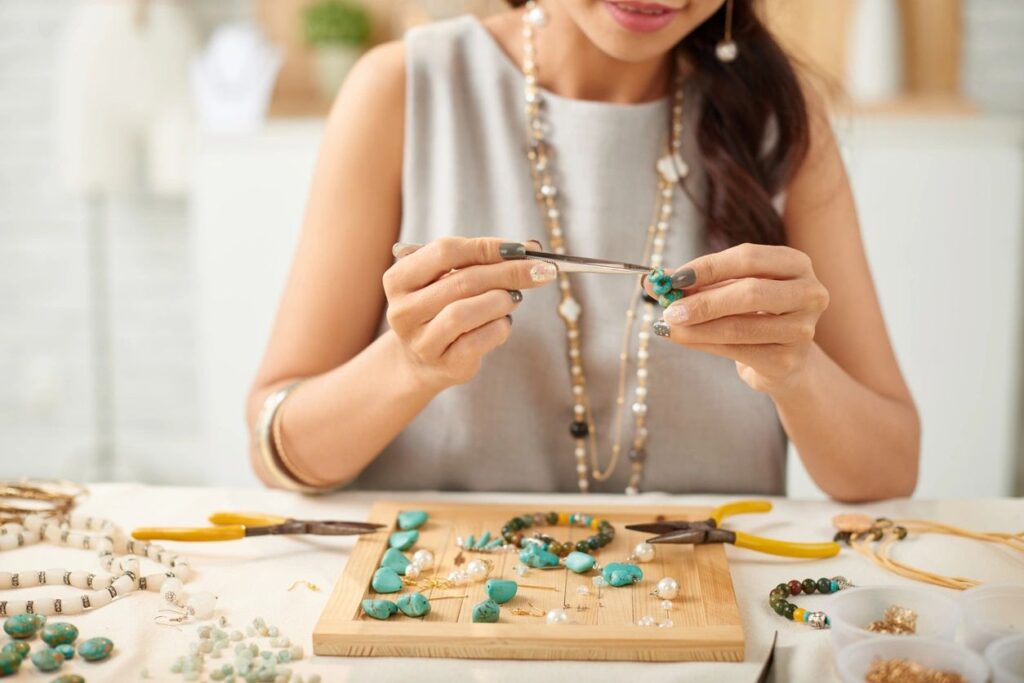

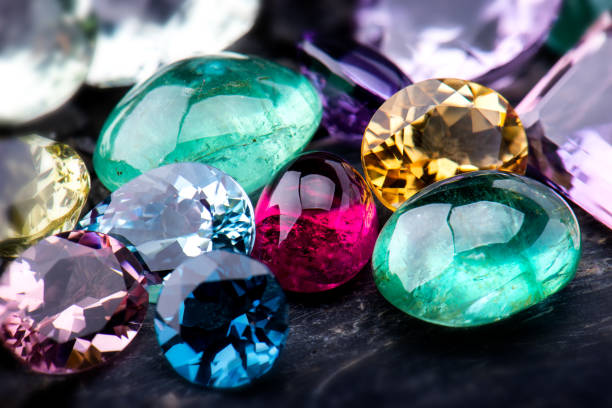
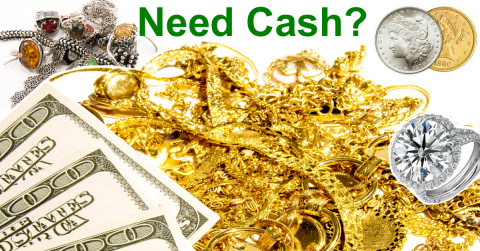
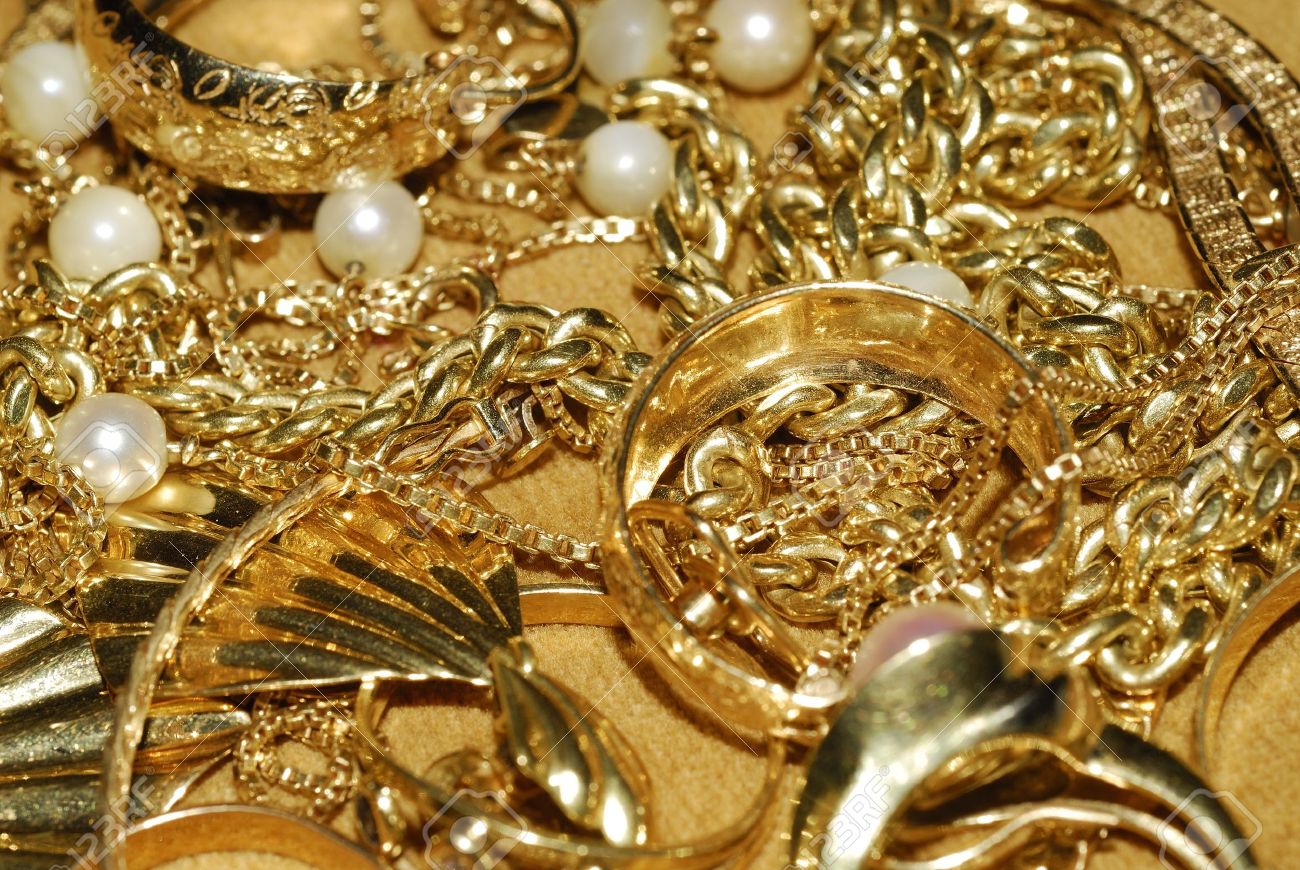

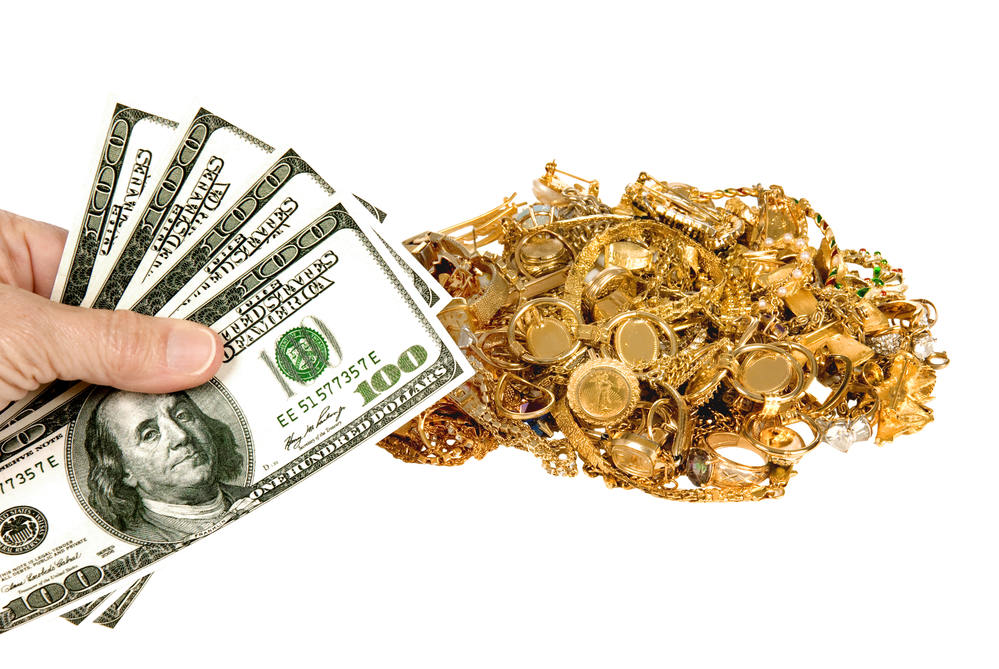
Closure
Thus, we hope this article has provided valuable insights into Navigating the World of Jewelry Buyers: A Guide to Selling Your Precious Possessions. We thank you for taking the time to read this article. See you in our next article!
